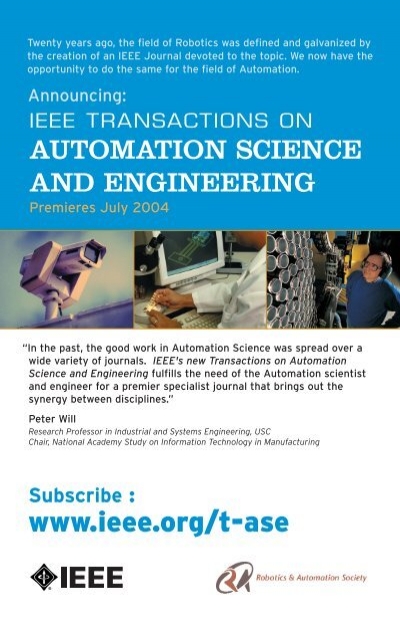Adaptive Resilient Event-Triggered Control for T-S Fuzzy Multi-Area Power System With Pumped Storage Hydropower Under Deception Attacks
IF 6.4
2区 计算机科学
Q1 AUTOMATION & CONTROL SYSTEMS
IEEE Transactions on Automation Science and Engineering
Pub Date : 2025-09-23
DOI:10.1109/TASE.2025.3613303
引用次数: 0
Abstract
This paper investigates the load frequency control problem for nonlinear multi-area power system that incorporates pumped storage hydropower. First, a unified Takagi-Sugeno fuzzy model is developed to represent the nonlinear dynamics of power exchange progress in pumped storage hydropower, including uncertainties. Subsequently, a fuzzy logic algorithm is applied by incorporating both system error and its derivative to dynamically adjust the trigger threshold, an adaptive resilient event-triggered mechanism is proposed to reduce communication burden while improving control performance. Furthermore, a Lyapunov functional is constructed to ensure that the system is stable and strictly欺骗攻击下T-S模糊多区域抽水蓄能电力系统的自适应弹性事件触发控制
研究了含抽水蓄能的非线性多区电力系统的负荷频率控制问题。首先,建立了一个统一的Takagi-Sugeno模糊模型来表示包括不确定性在内的抽水蓄能水电站电力交换过程的非线性动力学。随后,采用结合系统误差及其导数的模糊逻辑算法动态调整触发阈值,提出一种自适应弹性事件触发机制,在降低通信负担的同时提高控制性能。此外,构造了Lyapunov泛函,以保证系统稳定且严格$\left ({{\mathcal {D}_{1},\mathcal {D}_{2},\mathcal {D}_{3}}}\right)-\lambda -dissipative$。最后,以三区域电力系统为例,验证了该机制的有效性。随着抽水蓄能技术在电力系统中的应用越来越广泛,本文对其频率调节问题进行了研究。采用Takagi-Sugeno模糊模型,由于其线性子结构,可以直接应用基于lyapunov的方法进行稳定性验证。同时,提出了一种基于模糊逻辑规则的自适应弹性事件触发控制机制,以平衡数据传输需求和控制性能。定性和定量分析验证了所提出的控制策略。
本文章由计算机程序翻译,如有差异,请以英文原文为准。
求助全文
约1分钟内获得全文
求助全文
来源期刊

IEEE Transactions on Automation Science and Engineering
工程技术-自动化与控制系统
CiteScore
12.50
自引率
14.30%
发文量
404
审稿时长
3.0 months
期刊介绍:
The IEEE Transactions on Automation Science and Engineering (T-ASE) publishes fundamental papers on Automation, emphasizing scientific results that advance efficiency, quality, productivity, and reliability. T-ASE encourages interdisciplinary approaches from computer science, control systems, electrical engineering, mathematics, mechanical engineering, operations research, and other fields. T-ASE welcomes results relevant to industries such as agriculture, biotechnology, healthcare, home automation, maintenance, manufacturing, pharmaceuticals, retail, security, service, supply chains, and transportation. T-ASE addresses a research community willing to integrate knowledge across disciplines and industries. For this purpose, each paper includes a Note to Practitioners that summarizes how its results can be applied or how they might be extended to apply in practice.
 求助内容:
求助内容: 应助结果提醒方式:
应助结果提醒方式:


